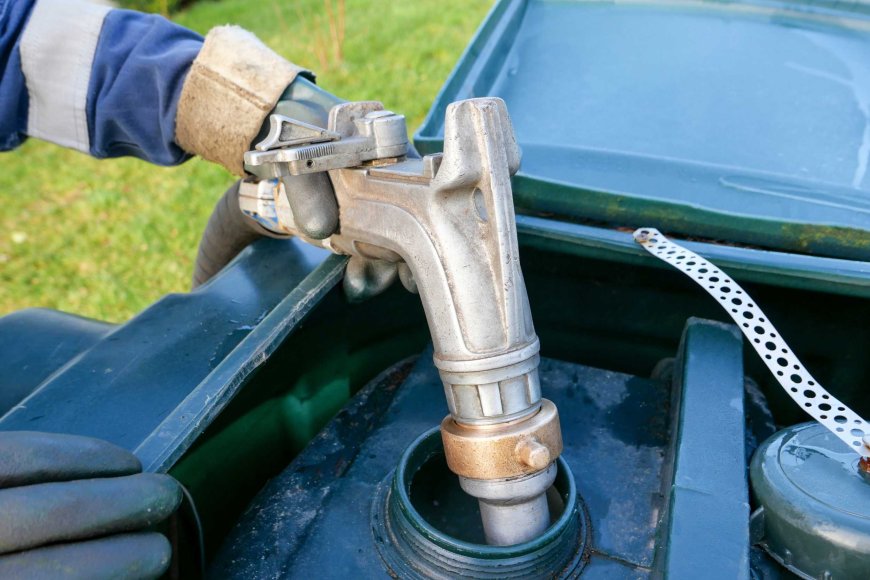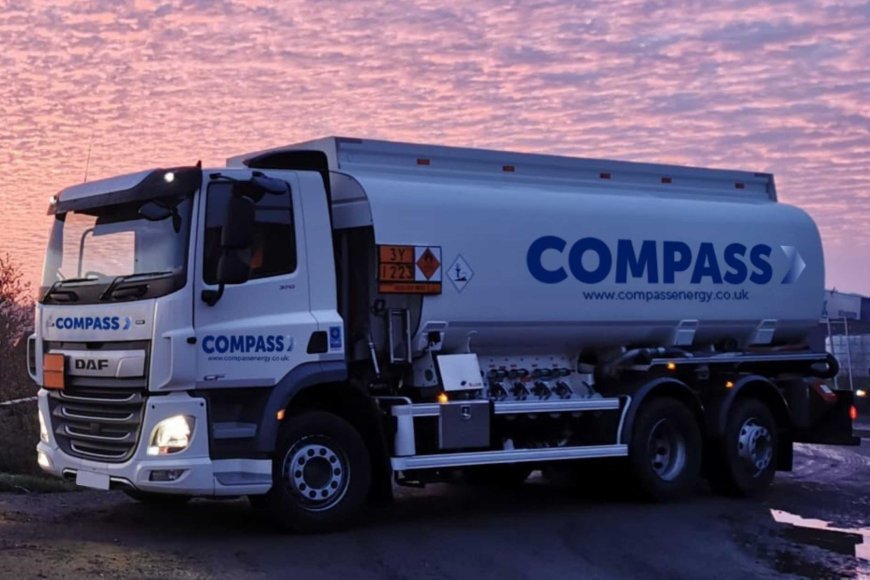Types of Heating Oil in the UK: What You Need to Know

Heating oil is a common source of fuel for heating homes and businesses across the UK, especially in rural areas where mains gas is not available. It is delivered in bulk, stored in tanks on-site, and used in oil-fired boilers and heaters to provide warmth and hot water. However, not all heating oil is the same. There are different types of heating oil, each with specific properties, uses, and regulations. This article explores the main types of heating oil used in the UK to help you understand their differences and make informed choices.

What is Heating Oil?
Heating oil is a refined petroleum product designed for use in heating systems. It is similar to diesel fuel but is refined to burn more cleanly and efficiently in domestic and commercial boilers. Heating oil is usually delivered by tanker and stored in a tank at the property until it is needed.
The Two Main Types of Heating Oil in the UK
In the UK, the two primary types of heating oil are Kerosene (28-second oil) and Gas Oil (35-second oil or red diesel). Each type differs in viscosity, taxation, typical usage, and environmental impact.
1. Kerosene (28-Second Oil)
Kerosene is the most commonly used heating oil for domestic heating in the UK. The term "28-second oil" refers to the time it takes to flow through a standard test nozzle at 20Capproximately 28 seconds.
-
Usage: Mainly for residential heating boilers and heaters.
-
Advantages: Kerosene burns relatively cleanly, producing fewer particulates and less soot. This reduces boiler maintenance and improves efficiency.
-
Cost: Generally more expensive than gas oil due to higher fuel duty (tax).
-
Environmental Impact: Although a fossil fuel, kerosene produces fewer emissions and particulates than heavier oils, making it a cleaner option for home heating.
2. Gas Oil (35-Second Oil or Red Diesel)
Gas oil, commonly called red diesel because of the red dye added for tax purposes, is thicker and less refined than kerosene. Its viscosity means it flows slower, taking about 35 seconds in the same test.
-
Usage: Used mainly for commercial, agricultural, and industrial heating systems, as well as some vehicles and machinery.
-
Advantages: Cheaper than kerosene because it carries a lower fuel duty.
-
Cost: More economical, but legally restricted from use in domestic heating.
-
Environmental Impact: Produces more soot and particulates, leading to higher emissions and potentially more boiler wear.
Bioheating Oil: A Greener Alternative
Bioheating oil is an eco-friendlier option gaining popularity. It blends traditional heating oil with renewable biofuels derived from plant oils or animal fats.
-
Benefits: Reduces carbon emissions and can often be used in existing boilers without modification.
-
Availability: Suppliers offer blends with up to 30% biofuel, supporting efforts to reduce environmental impact.
Regulations and Safety
Kerosene is the only type of heating oil approved for most domestic heating systems in the UK. Gas oils use is restricted to commercial and agricultural sectors due to taxation laws. Safe storage in approved tanks and regular maintenance of boilers and tanks are essential for safety and efficiency.
Conclusion
In the UK, kerosene remains the standard heating oil for homes due to its cleaner burning qualities and legal approval. Gas oil is mainly used in commercial and agricultural settings where cost savings are important. Bioheating oil offers a sustainable alternative that reduces carbon footprint while working with existing equipment. Understanding these different types of heating oil enables consumers to choose the best option based on price, performance, and environmental considerations.









































